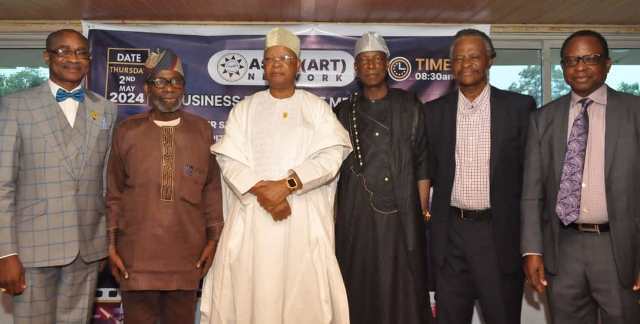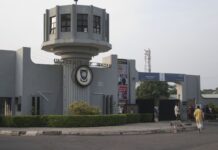
The Aviation Safety Round Table Initiative (ASRTI) said there is the need to prioritise human capital development to ensure career progression stability, succession and harmonious workforce relations.
The president of the aviation think-thank, Air Commodore Ademola Onitiju (retd) made the call at the first quarter breakfast business meeting of the group held yesterday in Lagos.
The ASRTI president said human resource is the greatest asset in any functional entity, community or nation state, stressing that an industry that invests massively in its human resource will surely reap a bumper harvest of successes.
He said ART recognises that a robust management plan through scalable skills acquisition, technical and operational, including soft skills could encourage employees to adapt to new situations and crucially deliver a winning customer experience.
“A robust human capital development strategy, in our view, will contribute immensely to improvement in the management of the turnaround time as well as the run around time.
“The ART also recognises the importance of soft skills which is attainable through effective communication, team work and mutual respect as being fundamental for aviation professionals. Soft skills complement the technical expertise of aviation professionals.
“The ART believes that human resources development in the Nigerian aviation sector should integrate modern technology, cyber security, artificial Intelligence, innovation and data analysis together with state of the art aeronautical and navigational aids.
“It is our view that the optimisation of processes, efficient use of resources would promote seamless coordination between the operators and the ground handlers, caterers and cleaners. But all these come at a price – training !
“We are also convinced that a frontal approach to human capital development could be enhanced through training. Secured career progression could help tackle this,” he said.
Besides, Onitiju said there is the need to accord insurance a pride of place in airport and facility management.
“Aviation insurance of the main object of service- the aircraft – is presumed. Service Level Agreements designed to promote efficiency, qualitative and sustainable standard will be better observed in accordance with the stipulated requirements of the insurers,” he added.
Thereafter, Onitiju called on the government to initiate deliberate policies to review and suspend taxes, tariffs and charges – within a given time frame – in order to bring succour to aviation and allied businesses in the country.
Such policies, according to him, should address airline survival and growth with a view to lowering the “recent astronomical increase in air fare on the domestic scene.”
He also called on the consumer rights protection directorate in the Nigerian Civil Aviation Authority (NCAA) to “live up to its billing in ensuring maximum comfort and compensation for the traveling public promptly where infractions are established.”
He further made a case for constituting the governing boards for the NCAA and other aviation agencies in the Nigerian aviation sector.
“These boards will not only assist the director general of the NCAA and other chief executive officers in formulating enduring policies for the agencies but will also serve as the barometer for ensuring the good corporate governance practice of transparency, accountability and responsibility which will cascade down to all segments in the sector.
“Corruptive tendencies often associated with political interference will be appropriately checkmated and curbed by a focused and knowledgeable board,” he said.
Onitiju also renewed the groups’ call for a comprehensive “review of bilateral and plurilateral air services agreements to suit our present circumstances.”
He said the group had been consistent in recommending the development of a local hub to effectively protect local airlines against the predatory foreign airlines granted multiple entries into local destinations.
“As attractive as open skies might appear to be, modifications as would stimulate fair competition and reciprocal rights must be observed.
“In our view, open skies is not devoid of regulation. There must be a balance between its tenets and the national interest,” he said.





















































